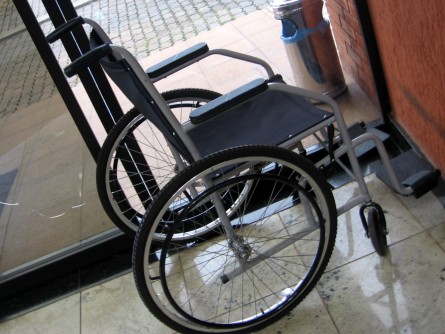“I couldn’t turn my abortion into art.” That was the title of a first-person essay published by the New York Times over the summer. In it, the author, Lisa Selin Davis, describes getting an abortion shortly after college and finding out it was not the "no big deal" that she had been assured. Finding out she was pregnant, Davis recalls
This didn’t seem as big a problem to me as it might have for other young women. This was the mid-1990s. Reared on protest marches, I had a NOW poster affixed to my bedroom wall. I was an unwavering believer in the fierce rhetoric of pro-choice. And now: a poster child.
She even planned to video tape her abortion in order to create a kind of feminist documentary.
Yet as I looked around the room, my expectations began to shift. This wasn’t the liberating environment I’d expected to enter. The uncomplicated message of those protests led me to think that legal abortion would be light. Lite. I wasn’t prepared for the saturnine cloudiness of the room, all those sad-looking women burying their faces in tabloid magazines.
And so the video didn’t happen. But the pain and the trauma and the years of regret did. The story doesn’t end as many pro-lifers might wish, with Davis determining that there really is something deeply immoral about abortion and that the government ought to do more to restrict it. But it does end with Davis coming awfully close to where most American women fall on the issue: “I want my daughters to have the option of safe and legal abortion, of course. I just don’t want them to have to use it.”
This sense that abortion is a painful tragedy for many women is something that fewer and fewer abortion-rights supporters seem willing to acknowledge publicly. Over the weekend the Times ran an op ed by a writer named Merritt Tierce about Wendy Davis’s two abortions. Davis, who is running for governor of Texas, had one abortion because her own life was threatened and another because the child would have been born with a severe brain abnormality. Tierce is thrilled that Davis is not embarrassed to talk about her abortions but she wonders why we have to give reasons for abortions at all. Tierce herself had one because she was having an affair and wasn’t sure who the father of the child was.
“We have to stop categorizing abortions as justified or unjustified,” writes Tierce.
But the bottom line is we won’t. And that’s because the vast majority of people who support abortion rights still think it is a choice that is painful and to be avoided if at all possible. So you’d better have a damn good reason for doing it.






